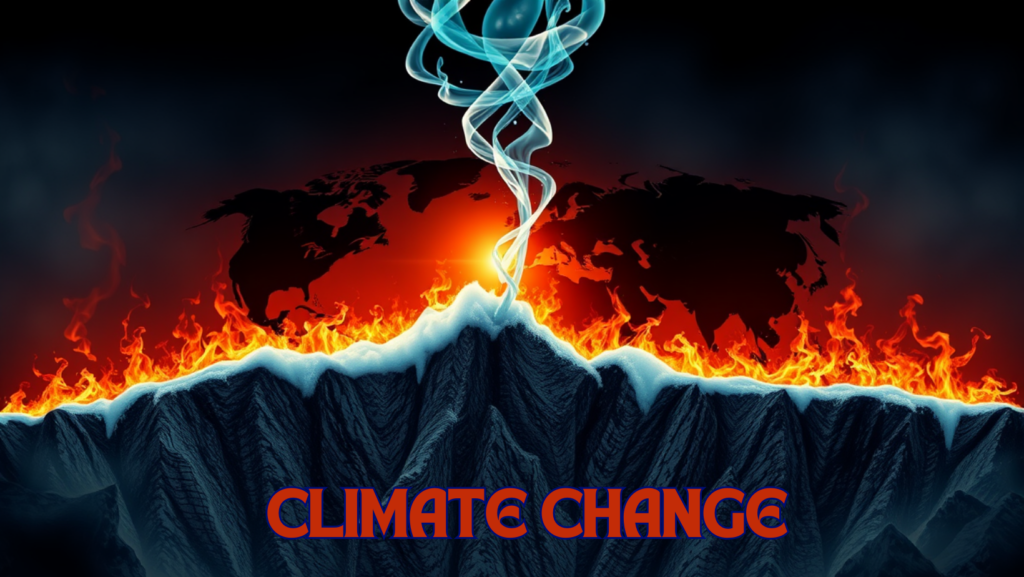The upcoming Generation Beta, set to emerge on January 1, 2025, will comprise individuals born between 2025 and 2039. By 2035, this cohort is anticipated to constitute nearly 16 percent of the world’s population. Some members of Generation Beta may live to see the start of the 22nd century. Social researcher Mark McCrindle, known for creating generational labels, forecasts this demographic change.
Previous Generational Classifications
Generation Beta will follow Gen Alpha (2010-2024), which came after Gen-Z (1996-2010) and millennials (1981-1996). The naming system, beginning with Generation Alpha, continues using the Greek alphabet, signifying a new phase in human history.
Existence in a Technology-Integrated World
Generation Beta children will grow up in an era where technology is deeply integrated into daily life. They are likely to experience autonomous transportation, wearable health devices, and immersive virtual environments as commonplace aspects of their lives.
McCrindle states, “While Generation Alpha has seen the emergence of smart technology and artificial intelligence, Generation Beta will inhabit a world where AI and automation are thoroughly integrated into everyday life, education, workplaces, healthcare, and entertainment.”
Characteristics of Generation Beta

Immersion in Technology: Generation Beta will be the first to grow up completely surrounded by advanced technologies such as artificial intelligence, quantum computing, augmented reality, and virtual reality. Technologies like self-driving vehicles, smart cities, and wearable devices will be integral to their daily routines. AI tools might become personal assistants, aiding in education, creativity, and problem-solving from an early age.
Environmental Consciousness: Inheriting a world facing climate change and ecological issues, Generation Beta is expected to be highly environmentally aware. They may learn about sustainable practices from a young age, influenced by societal pressures and innovative technologies aimed at addressing environmental degradation. Their consumption patterns might prioritize eco-friendly and ethical choices.
Global Identity: Generation Beta will be born into a globalized world. Social media, digital platforms, and virtual spaces will create communities without borders. This could foster an inherent sense of global citizenship, with values rooted in cultural exchange and inclusivity.
Customized Education: Traditional educational methods are likely to evolve by the time Generation Beta begins schooling. AI-driven learning platforms may offer personalized curriculums, adapting to each child’s pace, interests, and strengths. Interactive learning and immersive experiences in virtual classrooms might dominate the educational landscape, preparing them for a rapidly changing workforce.
Health and Wellness Focus: Advancements in biotechnology, precision medicine, and mental health tools will likely provide Generation Beta with unprecedented opportunities to prioritize well-being. Predictive healthcare models and wearable technology will enable them to monitor their health proactively, potentially creating a more health-conscious generation.
Challenges for Generation Beta
Digital Reliance: Generation Beta will grow up reliant on digital systems for most aspects of life. This could lead to issues such as excessive screen time, mental health concerns, and reduced face-to-face communication skills. Managing a healthy balance between virtual and physical realities will be a significant challenge.
Economic and Employment Uncertainty: As automation and AI continue to transform industries, Generation Beta will face a significantly different job market. Many traditional roles may become obsolete, and new jobs will require creative, analytical, and technological skills. Continuous learning and adaptability will be crucial for their economic survival.
Misinformation and Data Privacy: Growing up in a digital-first world means Generation Beta will encounter a vast flow of information, including false news and manipulated content. They will need to develop strong critical thinking skills to identify reliable information. Additionally, data privacy will remain a pressing issue as their digital footprints expand.
Environmental and Social Pressures: Generation Beta will inherit the consequences of environmental neglect and social inequities. Rising sea levels, resource scarcity, and increased migration due to climate crises could impact their quality of life. They may also face challenges in bridging societal divides exacerbated by political polarization.
Opportunities for Generation Beta
Creative Problem-Solving: Growing up in a world full of challenges and cutting-edge tools will likely foster creativity and resilience in Generation Beta. They may lead to advancements in areas like renewable energy, artificial intelligence ethics, and space exploration.
Global Collaboration: The interconnected nature of their world could enable Generation Beta to collaborate on a global scale, addressing shared issues like climate change, inequality, and technological regulation. Crowdsourced solutions and international cooperation may become hallmarks of their approach.
Shaping Future Systems: Generation Beta might redefine economic, political, and social systems to address the issues they inherit. Universal basic income, digital democracy, and ethical AI governance are potential innovations they could champion.
Conclusion
Generation Beta represents the future in a world of unprecedented change and complexity. They will grow up in an environment defined by technological integration, climate challenges, and shifting social norms. While they face significant obstacles, their adaptability, creativity, and access to advanced tools could empower them to build a more sustainable, equitable, and innovative global society. As the first generation fully immersed in the Fourth Industrial Revolution, their potential to reshape humanity’s trajectory is significant. Preparing for their arrival involves fostering inclusive, resilient systems that encourage their growth and success.







